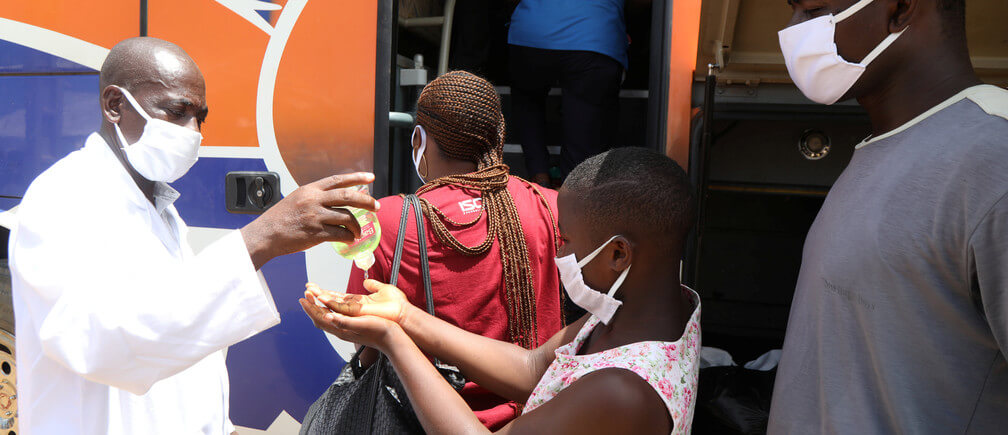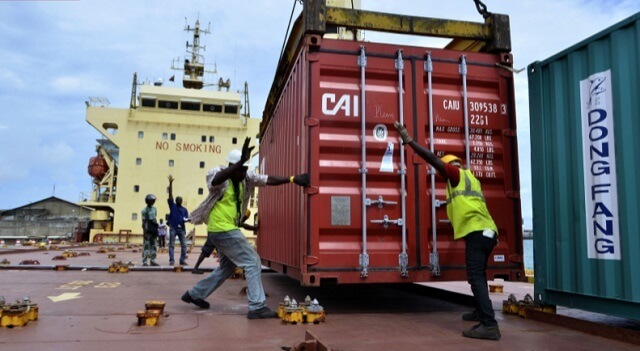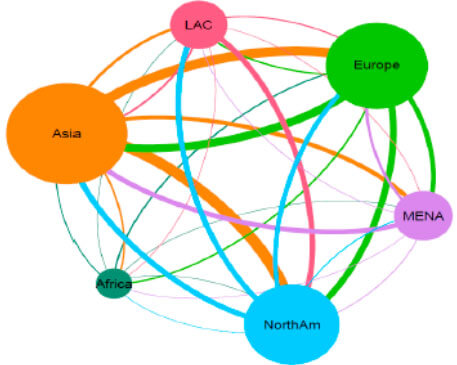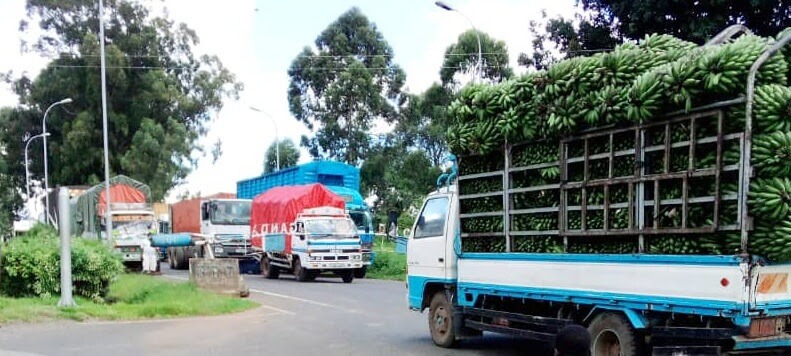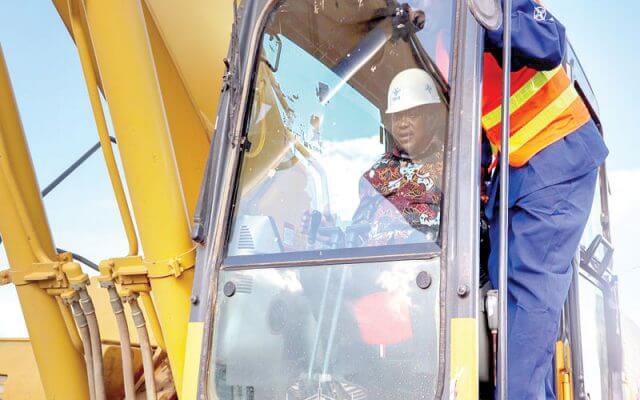United Nations Economic Commission for Africa (Addis Ababa) Nairobi — The African Continental Free Trade Area (AfCFTA) is still the agreement with great potential to foster regional economic integration and economic growth, and take Africa to the next level, even in the midst of a crippling coronavirus crisis, panellists on a COVID-19 Recovery Mechanism and AfCFTA webinar agreed Thursday. The panelists agreed the AfCFTA was a crucial move towards removing the continent's heavy reliance on commodity and agricultural exports leading to exponential growth in the manufacturing sector, export diversification and creation of quality jobs if its full potential to be transformational for all Africans is tapped. Regional Integration Division Director at the Economic Commission for Africa, Mr. Stephen Karingi, in his remarks said a lot of empirical work had been done by ECA showing what the AfCFTA means for Africa. "One of the things we have been able to demonstrate empirically is that the AfCFTA has the potential to deepen not only the regional integration of the continent but also to allow us to do more value addition in our production processes," he said. This, added Mr. Karingi, presents an opportunity not only to create economic resilience but also create quality and more valuable jobs compared to jobs that are not based on industry. "We know what the AfCFTA means for this continent. COVID-19 has exposed that had we implemented the AfCFTA earlier, we would be in a better position than we are now," he said, adding the ECA's analytical...
AfCFTA Remains Africa’s Ambitious Plan to Prosperity Even in Midst of COVID-19
Posted on: June 12, 2020
Posted on: June 12, 2020


